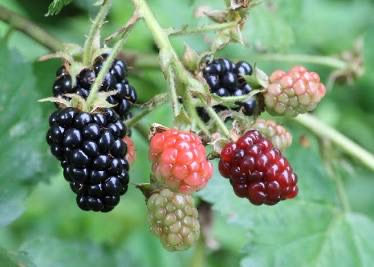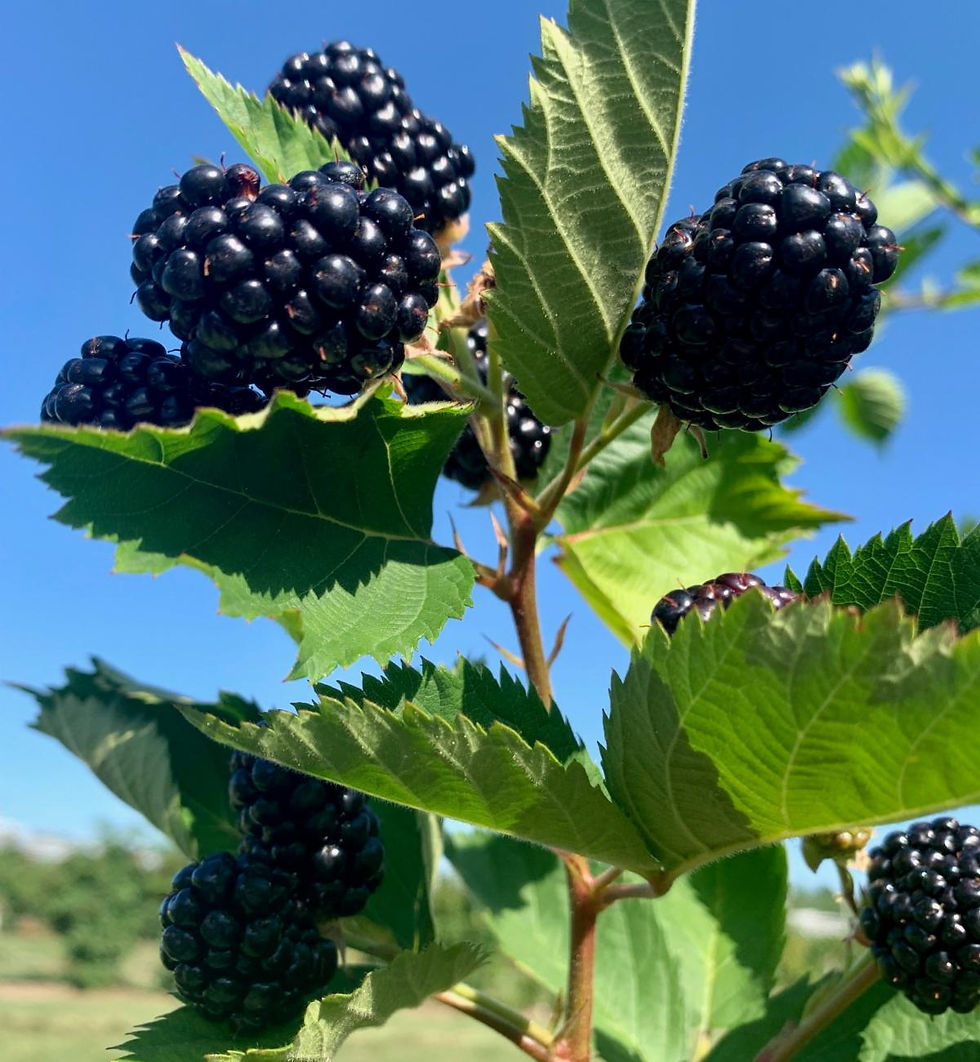Tisha B'Av Transgression: A Love Story
- Congregation Kol Ami
- Jul 30
- 3 min read

When I was a teenager, my father and I spent Tisha B’Av at Shivtai Shalom, a Jewish commune tucked into the green hills of Dorena, Oregon. It was a strange and beautiful place—part farm, part sanctuary, a dream of what Jewish life could be when planted in wild soil. There, among cedar and blackberry brambles, Jews prayed, sang, argued, and imagined a world rebuilt.
Tisha B’Av—the ninth day of Av—is the day we let ourselves weep. We remember the destruction of our holy Temples, the shattering of Jerusalem, the exiles and expulsions that sent us wandering. We sit low to the ground, we chant Lamentations, we fast. On this day, we feel the weight of every ruin carried in our history.

But that year, something unexpected happened.
In the heat of the afternoon, my father suggested a hike. The sun burned high, the air was thick with the scent of pine and dry earth. As we walked, we came upon a tangle of wild Himalayan blackberries, heavy with fruit—the same unruly, invasive kind that now overrun my own yard, spilling sweetness without apology.
We didn’t mean to. But we started to pick them. And then we ate them. On Tisha B’Av.
I didn’t often have my father to myself. He was a rabbi, and the demands of his calling were endless. But that day, he forgot. He forgot the fast, forgot the calendar, forgot the solemn weight of the day. And for those few sunlit moments, he was not “Rabbi.” He was just my dad, laughing, berry-stained, present.
When I was younger, the Yom Kippur liturgy of martyrdom haunted me. I used to ask him, Would you rather die for your faith—like the rabbis of old, burned at the stake crying Shema Yisrael—than live for us? For me?
And he always said yes. He would rather die than betray his faith. I loved him. And it hurt. It felt, sometimes, as if his love for the Jewish people eclipsed his love for me.
But that hike—those blackberries—were a kind of answer. For a moment, he chose me. He chose life. He stepped outside history, outside obligation, and simply was. Maybe that was the moment I first saw the path I would take. The moment I understood that holiness is not only in the Temple, not only in the text, but in the taste of wild fruit shared between father and daughter on the day of mourning.

I must have been fourteen. Shivtai Shalom closed in 1986. Seventeen years later, I would be ordained a rabbi. By then, my father would be gone nearly a decade.
Now, twenty-two years into my own rabbinate, the blackberries on my property are ripening. Their fragrance drifts through the summer air. And this Tisha B’Av, I will be back in Oregon, hiking the Columbia Gorge with my rabbi husband.
We will mourn. We will remember the Temples that fell, the cities burned, the exiles endured—Hiroshima, Nagasaki, and yes, Gaza. We will hold the ache of the world in our hands.
And maybe—if we are lucky—we will see wild blackberries. We might eat them. And for a moment, we might forget.
And in that forgetting, we will remember: we are like the blackberries. Stubborn. Alive. Spreading, rooting, finding ways to grow in foreign soil. Carried far from where we began, but still here.

This, too, is Tisha B’Av: grief and sweetness, ashes and sun, the fierce insistence of life. Even on the day of our deepest mourning, we are still here—berry-stained and unbroken, gathering what is good.





Comments